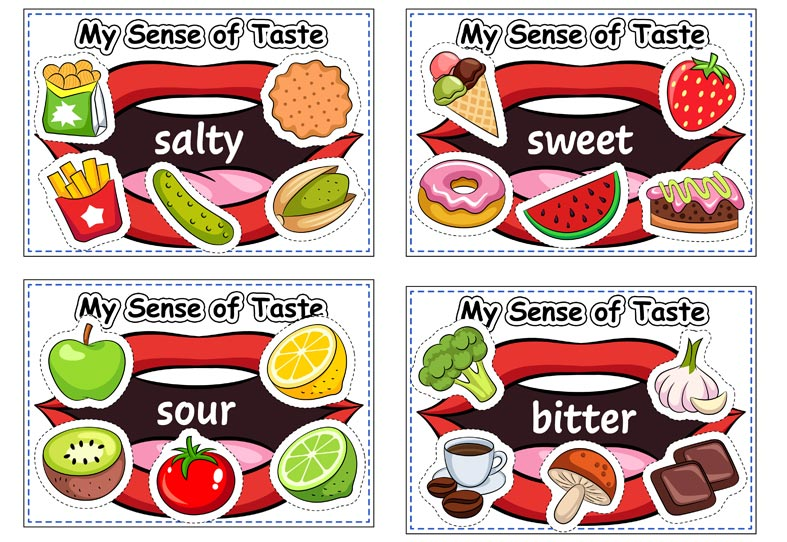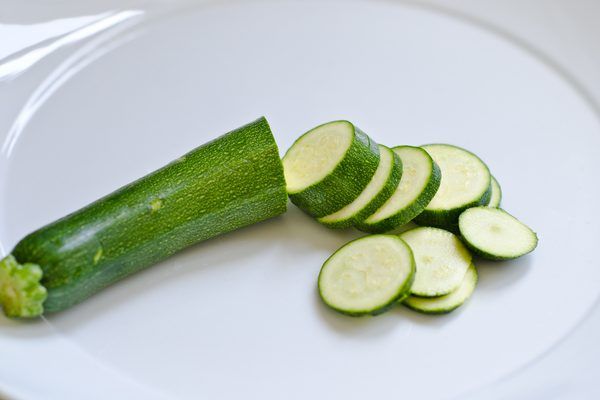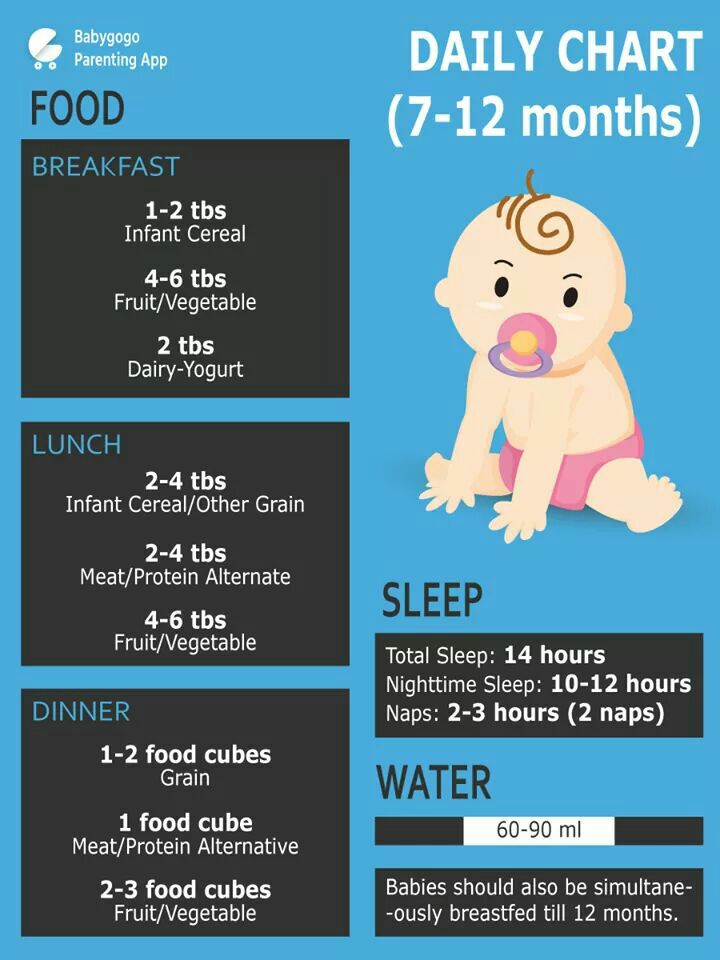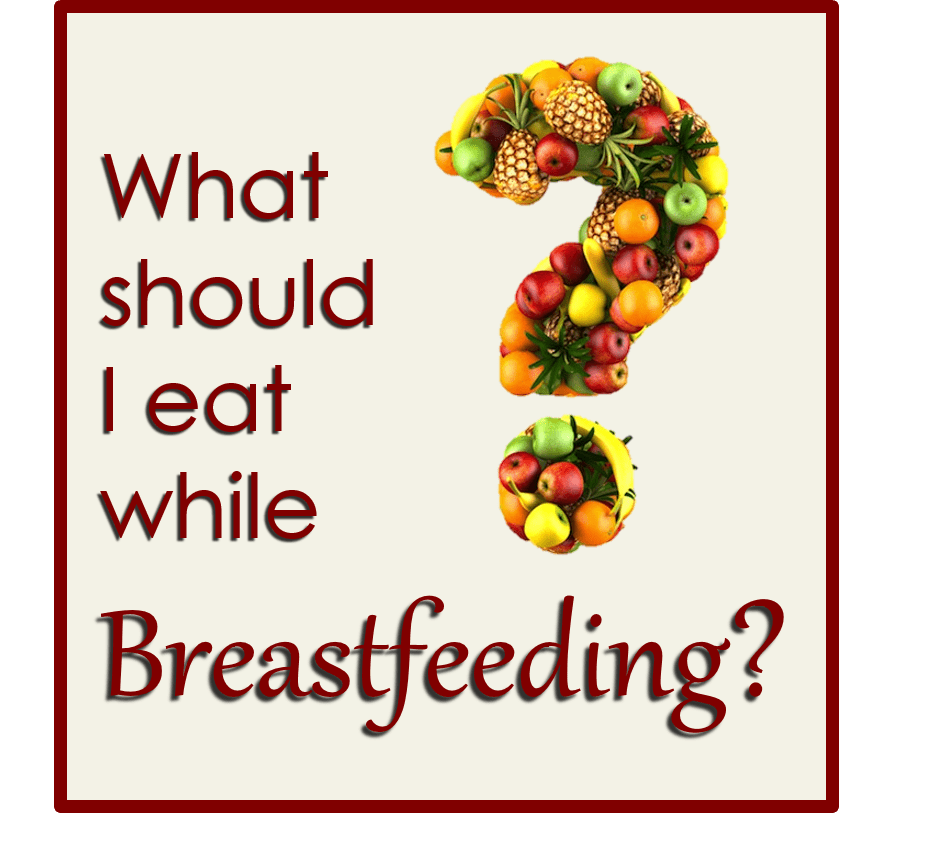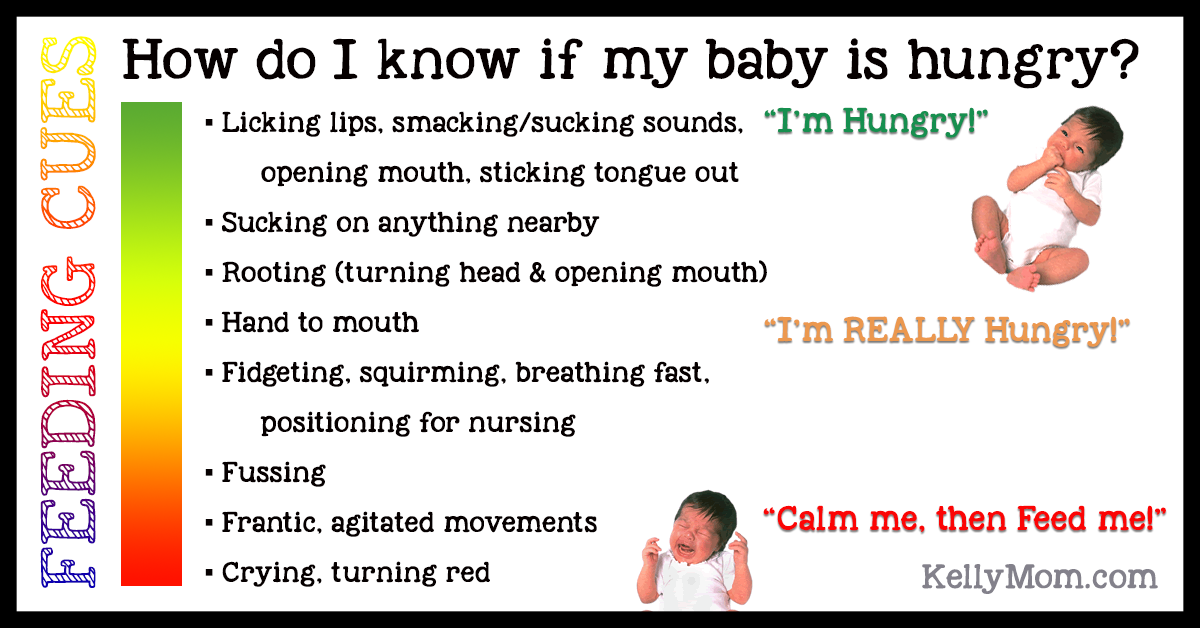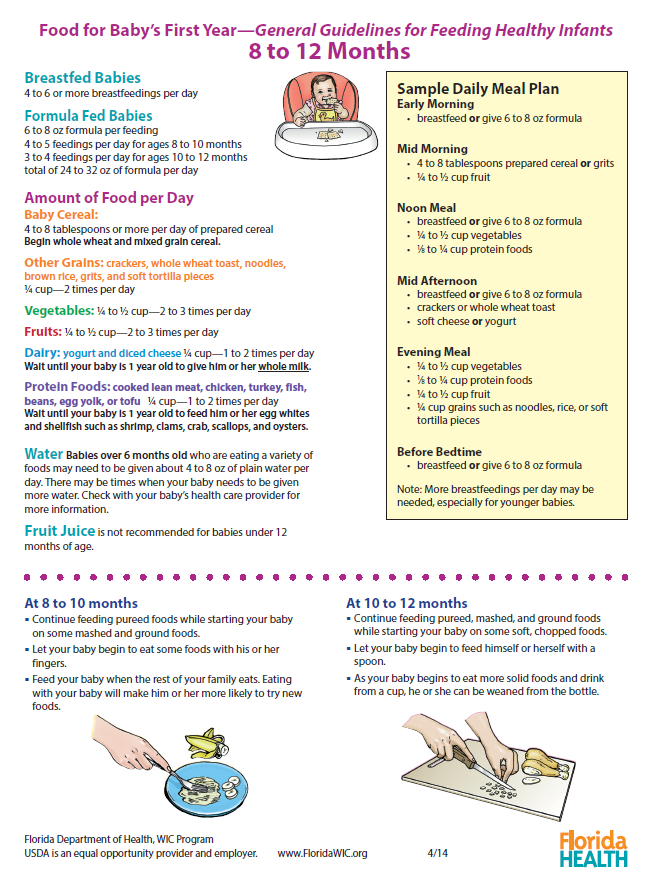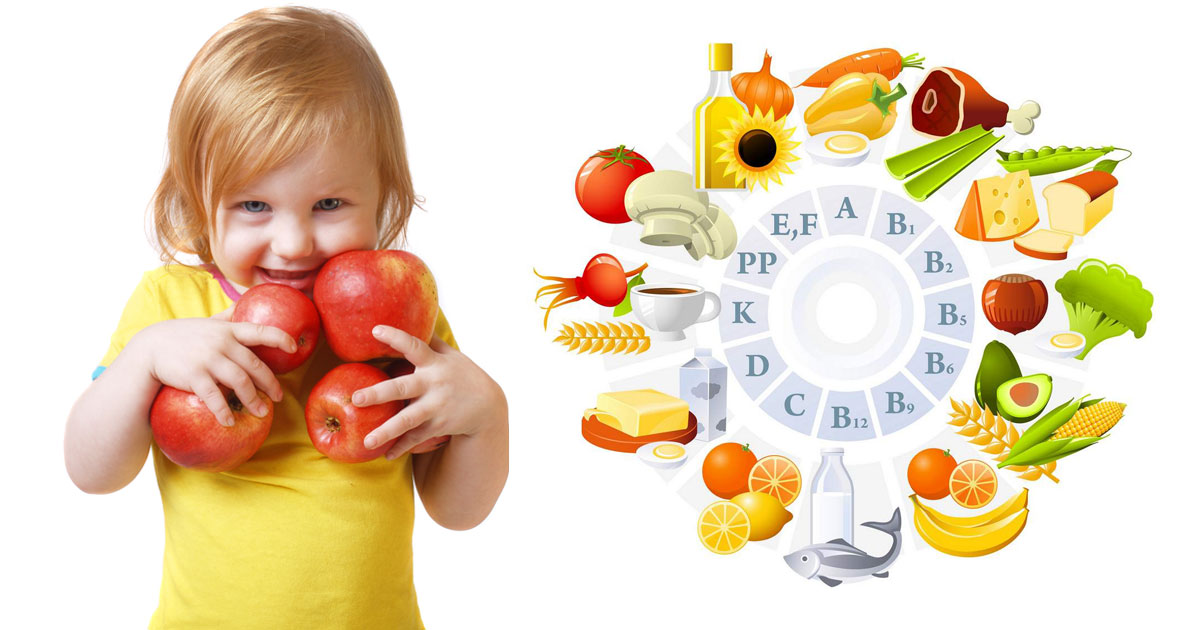Baby energy food
The best energy foods for baby nutrition
Whether she's kicking about on the play mat, crawling, taking her first steps or mastering the art of running, your baby is always on the go. In the first five years of life, babies and children are growing fast, developing new skills and are constantly active, and that means they need lots of energy and good baby nutrition. As an adult, you're probably conditioned into thinking that low fat, low calorie foods are the healthiest, but the rules that we eat by don't apply to young children. They need a diet that's high in (healthy) carbs, fat and calories to fuel their growth and development.
How much energy does your child need?
It's hard to quantify exactly how much energy your growing child needs, as it depends on many factors, including her weight, appetite, activity levels and so on. But as a rough guide:
- Before 6 months, babies need approximately 95 kilo calorie per kilogram of body weight, per day.
- From 6 to 12 months, they need approximately 75 kcal per kilogram.
- From 1 to 3 years, they need approximately 980 kcal per day.
Before 6 months, your baby's entire calorie intake will come from breastmilk or formula alone. Both breastmilk and formula contain around 20 calories per ounce, so a baby weighing 7kg (15lb 6oz) will need around 42oz of milk per day, typically spread out over four or five breast- or bottle-feeds.
From 6 to 12 months, your baby will still get the bulk of her calories and nutrition from milk, and needs to be drinking around one pint (500-600ml) of formula per day, or having regular breastfeeds. At this stage, solids complement her milk intake, rather than replacing it.
After 12 months, solids will overtake milk as the main source of calories and nutrition for your baby. She will now need around half a pint (around 300ml) of milk per day, but the rest of her calorie intake will come from food.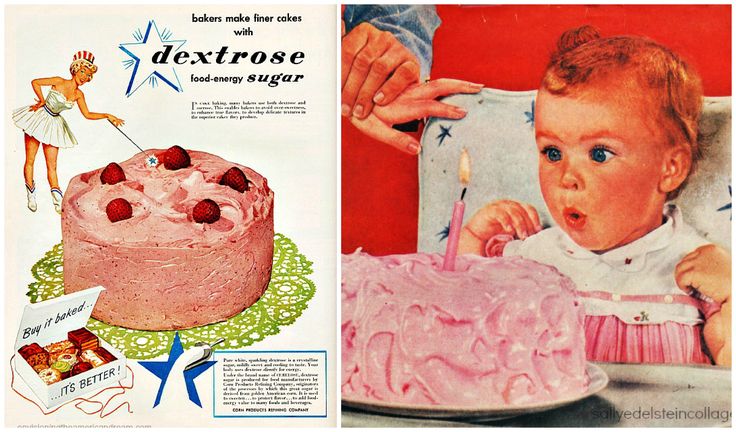
Where does energy come from?
Although babies and young children have high nutritional needs, rather than trying to count up the calories your little one eats on a daily basis, it's best to concentrate on a varied diet. A balanced diet will meet all her energy requirements, and should include:
More like this
Carbohydrates
These provide energy by being converted to glucose, the form of sugar that is most easily transported around and used by the body. The best sources are bananas, beans, pulses and lentils, pasta, potatoes, porridge, breakfast cereals and sweetcorn.
How much?
One portion at every mealtime.
Protein
Protein is needed for growth, and is found in foods such as meat, poultry, fish, eggs, beans, pulses and lentils.
How much?
One or two portions a day.
Sugar
Our bodies need glucose, or sugar, to supply energy. Glucose is also essential for supplying the brain with energy. Refined sugars (in manmade products like biscuits and chocolate) should be avoided as much as possible, but fruit - fresh, dried, tinned or juiced - is an important source of natural sugar for your child.
Glucose is also essential for supplying the brain with energy. Refined sugars (in manmade products like biscuits and chocolate) should be avoided as much as possible, but fruit - fresh, dried, tinned or juiced - is an important source of natural sugar for your child.
How much?
Offer fruit as part of each meal, but limit processed sugary foods like biscuits, sweets and cake. Ideally your child should have five portions of fruit and veg per day.
Fat
Fat is broken down in the body to provide energy for growth and activity. Unlike adults, children should get up to 40 per cent of their calories from fatty foods, but it's best to stick to healthy unsaturated fats, rather than saturated fats, which are found in foods like cakes, biscuits, crisps and chips. The best sources of good fats include eggs, cheese, full-fat milk, meat, oily fish and avocado.
How much?
Three servings of milk or other dairy products per day, plus small amounts of other fatty foods.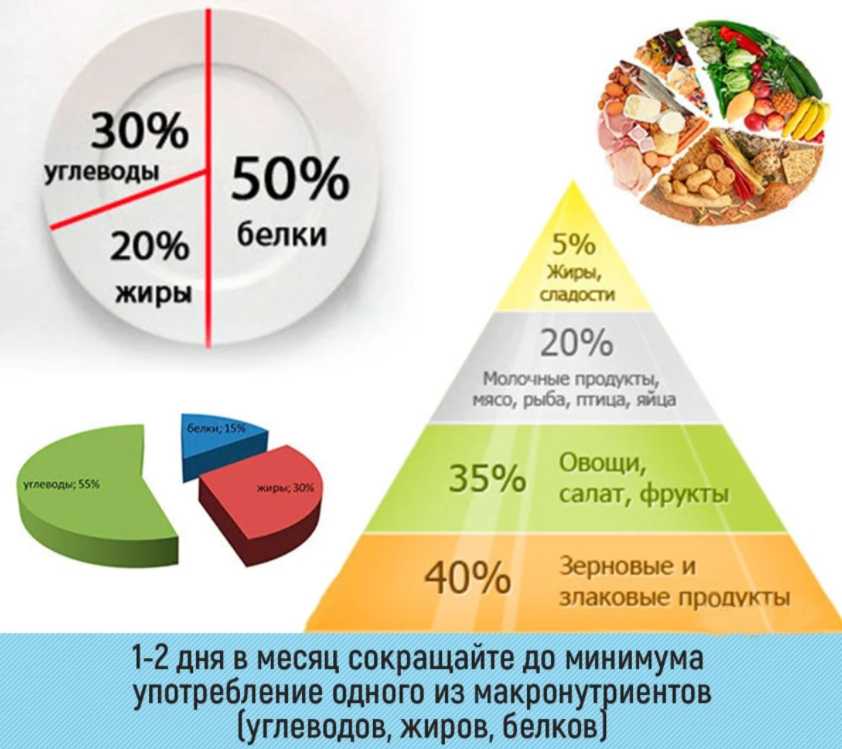
The best foods for energy
To fuel your baby's growth and development, include these top 10 energy-rich foods in her diet:
- Porridge
- Dried apricots
- Lentils
- Bananas
- Eggs
- Oily fish
- Yoghurt
- Avocado
- Blueberries
- Sweet potato
Foods to avoid
Some of the foods and drinks that we rely on as adults for a quick burst of energy are best avoided for children. Tea, coffee and other caffeinated drinks such as cola are unsuitable as the caffeine can inhibit iron absorption, while sweets, biscuits, cakes and chocolate should be given only in small amounts, as they can encourage unecessary weight gain and dental problems.
On the flip side, you should also avoid giving any products that are marketed as low-fat, low-calorie or diet foods. Not only may these contain artificial sweeteners that have been linked with health and behavioural problems, but they also provide too few calories for a growing child. You can offer small amounts of high-fibre foods, but these can fill your child up without providing enough nutrition, so on the whole, offer white pasta and rice rather than the wholegrain versions. And make sure that when she drinks milk, it's either full-fat cow's milk, formula or breastmilk: skimmed and semi-skimmed milk don't supply enough calories, vitamins or minerals for your little one.
You can offer small amounts of high-fibre foods, but these can fill your child up without providing enough nutrition, so on the whole, offer white pasta and rice rather than the wholegrain versions. And make sure that when she drinks milk, it's either full-fat cow's milk, formula or breastmilk: skimmed and semi-skimmed milk don't supply enough calories, vitamins or minerals for your little one.
Find out more about baby nutrition.
High Energy Foods For Babies, Toddlers And Kids
High Energy foods for babies, Toddlers, and kids -Babies are very energetic, and it is a sign of healthy growth. They need a lot of nutrition in their growing stage that keeps them energetic and gets them going through the day. The weaning process begins once the baby completes six months, and that is when you should be feeding them food rich in iron, calcium, vitamins, fat, and protein. As their tummies cannot take in too much food, the food given to them must be highly nutritious that gives them an energy boost.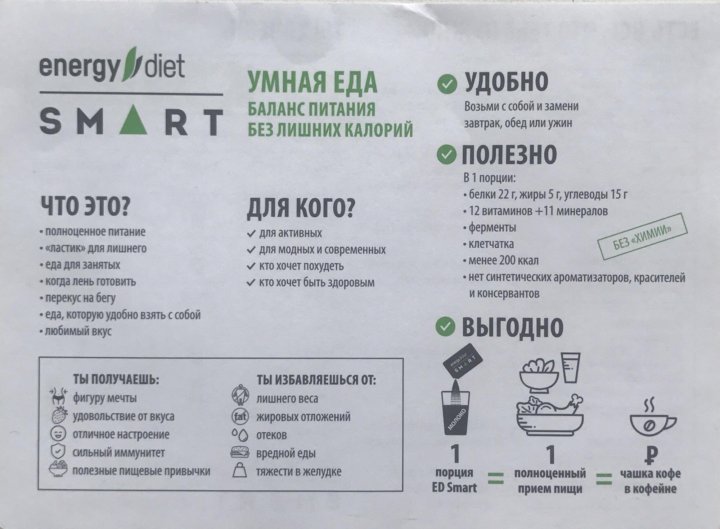
Listed below are a few essential foods that help in regulating healthy energy levels in babies:
1. Avocados
Avocados are a superfood that is known to contain the highest nutrition amongst all fruits. They are abundant in iron, protein, niacin, thiamin, riboflavin, zinc, and folic acid that boost immunity and overall energy levels. It is rich in essential fats that are beneficial for the development of the baby.
Babies are recommended to avocados once they are six months old. It also considered weight-gaining food. You could give it to a baby by making it into a puree or a smoothie.
Check out Avocados recipes for babies, toddlers, and kids here
2. Broccoli
We all need our greens, don't we? Similarly, babies need them too.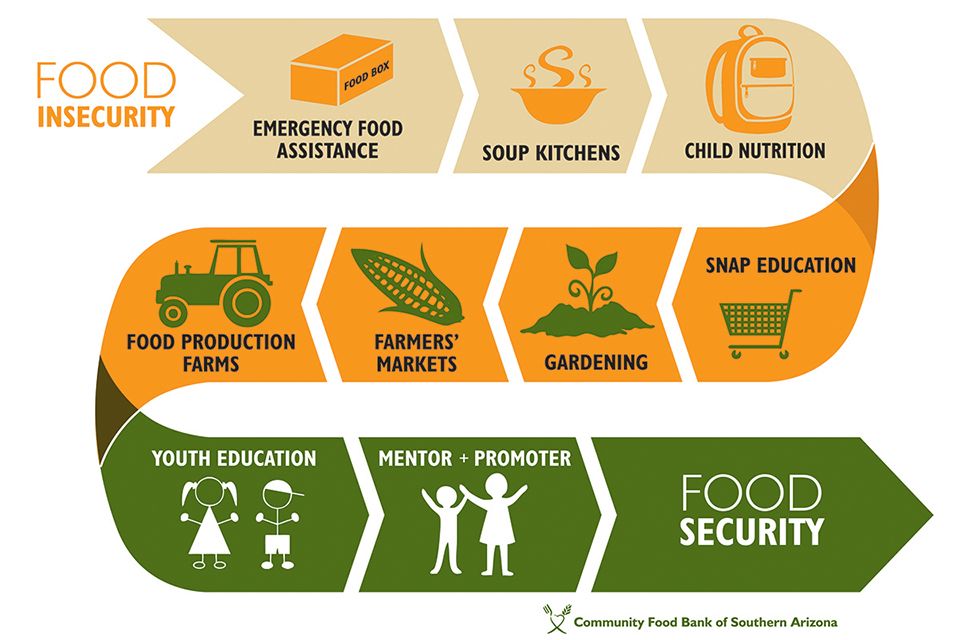 Broccoli is rich in Vitamin C, which helps in strengthening immunity. It boosts collagen formation in the body that helps in promoting the health of bones and tissues. Thus, it is highly essential for babies.
Broccoli is rich in Vitamin C, which helps in strengthening immunity. It boosts collagen formation in the body that helps in promoting the health of bones and tissues. Thus, it is highly essential for babies.
It is considered a healthy food for babies as it is a natural food to treat symptoms of constipation. The richness in fiber helps in a smooth bowel movement. You could steam it, make a puree of it with carrot or make broccoli cutlets for babies.
Check out Broccoli recipes for babies, toddlers, and kids here
3. Bananas
It is every kid's favorite food to snack on as it is sweet and gives an instant energy boost. Bananas are very rich in carbohydrates and therefore provide abundant energy. It is also considered an excellent food to increase weight. The ripe bananas help in the proper functioning of the stomach and also prevent constipation.
If the baby is less than seven and a half months, it is best to offer it in mashed form. For older kids, you just provide it by peeling and slicing it.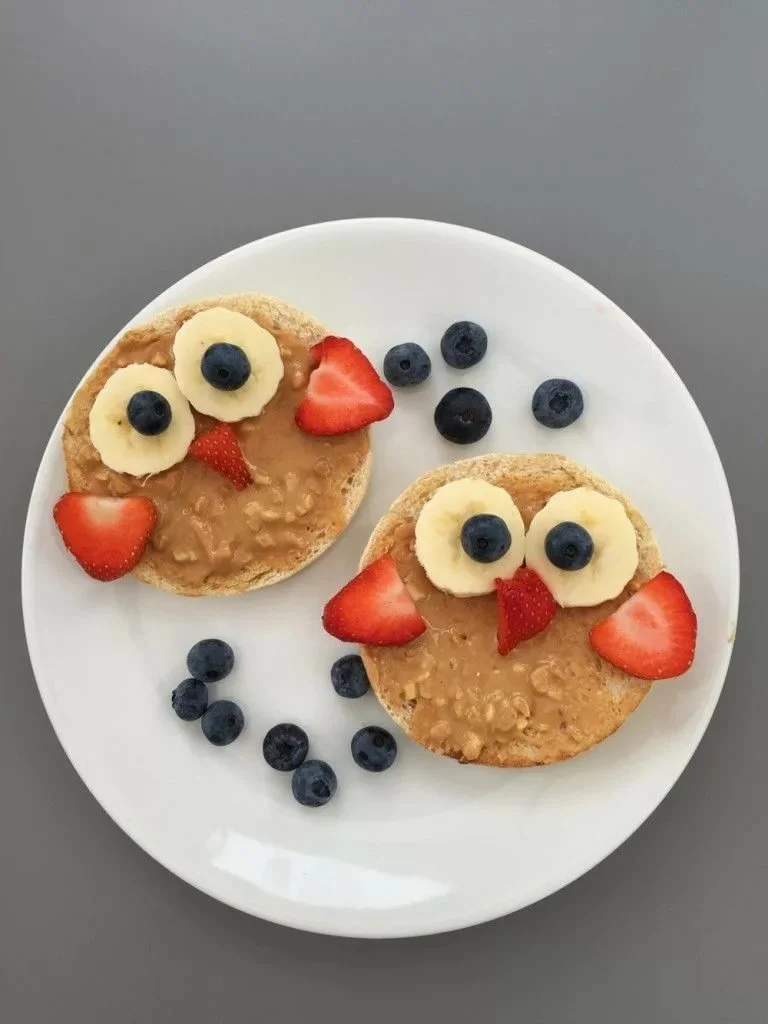
Check out Banana recipes for babies, toddlers, and kids here
4. Sweet Potatoes
Sweet potatoes are a very rich source of Vitamin C, Potassium, beta-carotene, which is an antioxidant that prevents the occurrence of cancer and prevents free radical damage in the body. Most babies love sweet potatoes because of their sweet taste.
You can offer it to babies by making a puree out of it after cooking it thoroughly. Avoid using salt or sugar until the baby completes 12 months. It is an excellent food to start the weaning process of a child.
Check out Sweet potato recipes for babies, toddlers, and kids
5. Eggs
Protein always provides energy to the body. Eggs are packed with the goodness of zinc, B complex vitamins, and Vitamin A, D, and E. The yolk boosts brain development as it is rich in choline.
Pediatricians always advise parents to be careful while offering eggs as it is an allergen. Always follow the 3-day rule when you introduce a new food.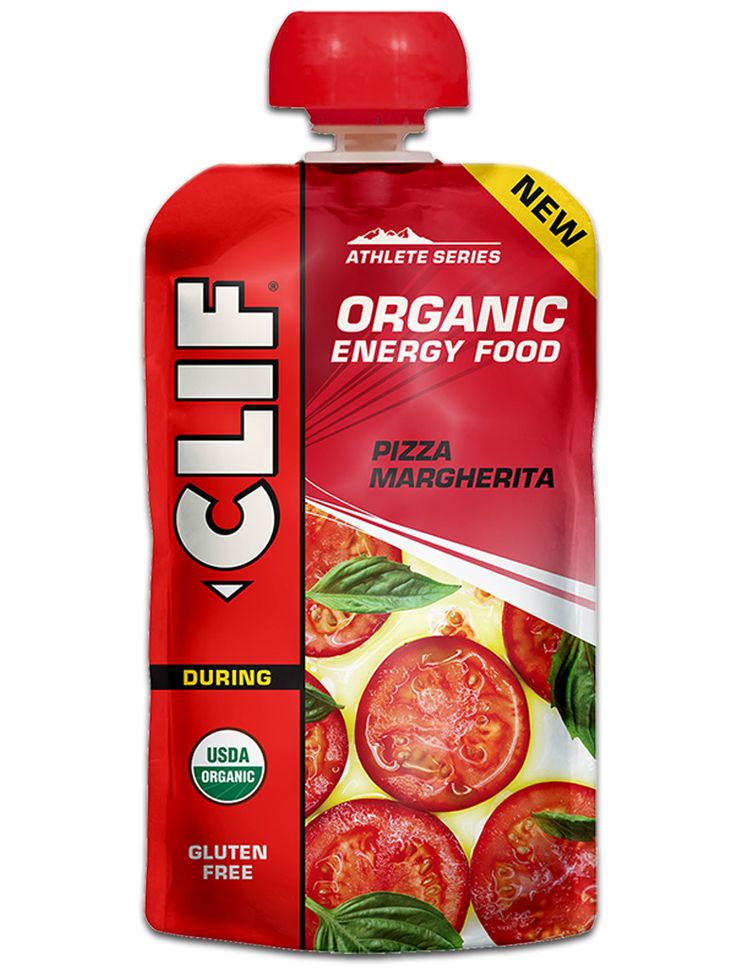 Do not introduce any new food for the next three days to check for allergies. Babies must be given hard-boiled eggs or omelets. Semi boiled eggs shouldn't be given to babies below the age of 12 months.
Do not introduce any new food for the next three days to check for allergies. Babies must be given hard-boiled eggs or omelets. Semi boiled eggs shouldn't be given to babies below the age of 12 months.
Check out Egg recipes for babies, toddlers, and kids
6. Dairy products
Babies below two years are always recommended to consume full-fat milk. They are a vital source of protein that boosts energy. It is a storehouse of vitamins and minerals like calcium that help to build stronger bones and teeth.
Add dairy products like milk, cheese, paneer, and custard to the diet.
Please note that the WHO recommends no cows milk for children below the age of 1 year.
Check out Cheese recipes for babies, toddlers, and kids here
Check out Paneer recipes for babies, toddlers, and kids here
Check out natural milk flavors for toddlers and kids
7. Peanut butter
It is a kid-friendly food and very nutritious when eaten in moderation. It is rich in monounsaturated fats that make a healthy heart. It is considered a healthy snack and an energy booster food as it is rich in protein. It fuels the body with the required fat, protein, and carbohydrates. It is also rich in B complex vitamins, Vitamin E, folate, magnesium, iron, and potassium.
It is considered a healthy snack and an energy booster food as it is rich in protein. It fuels the body with the required fat, protein, and carbohydrates. It is also rich in B complex vitamins, Vitamin E, folate, magnesium, iron, and potassium.
You can give the child as it is, or add it with sandwiches or a toast.
Check out Peanut butter smoothie for babies, toddlers, and kids here
8. Carrots
Rich in an antioxidant called beta-carotene that gives carrots its orange color. It improves vision and health as it converts itself into Vitamin A once it enters the body. Carrot is a must-have food for babies as they add the vital nutrients required for the growing age.
The sweet taste after it's cooked makes it desirable for most children. When you prepare carrots for a meal, make sure they are cooked well and soft. You could hand mash it, or puree it or make a soup of it and offer it to the baby.
Check out Carrots recipes for babies, toddlers, and kids here
Conclusion
Nutrition plays a very vital role in the growth of a child.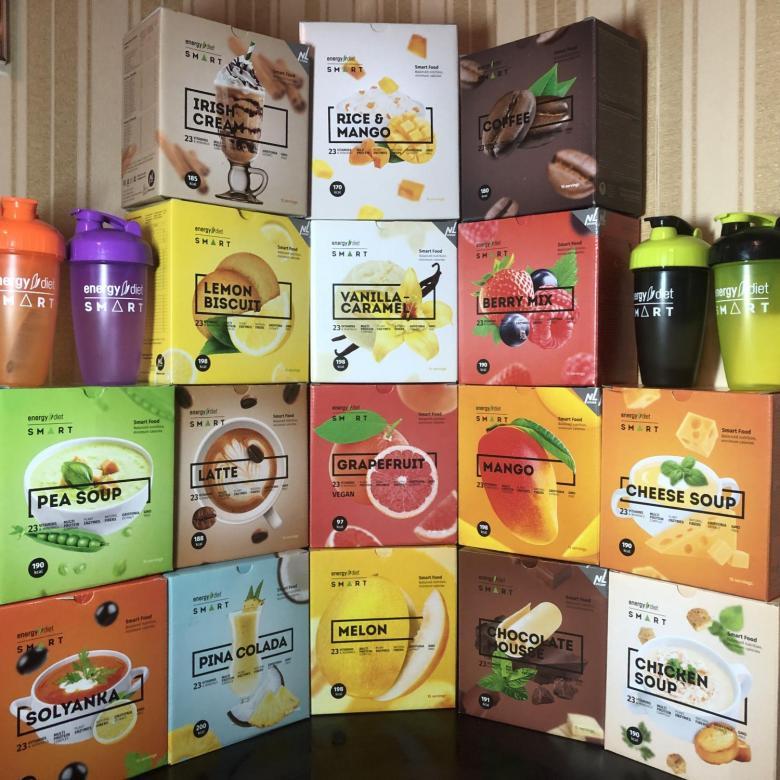 The weaning process begins at six months, but the main nutrition is derived from breast milk until the age of 12 months. It is still recommended that you breastfeed for at least 24 months. While offering solids, you must give a variety of food and provide various textures. A nutritious plate must consist of fat, carbohydrates, protein, iron, and calcium. They are growing very quickly and are vital to their growth and development. Also, make sure that you take proper guidance from a pediatrician if you are adding anything new or making any significant modifications to your child's diet.
The weaning process begins at six months, but the main nutrition is derived from breast milk until the age of 12 months. It is still recommended that you breastfeed for at least 24 months. While offering solids, you must give a variety of food and provide various textures. A nutritious plate must consist of fat, carbohydrates, protein, iron, and calcium. They are growing very quickly and are vital to their growth and development. Also, make sure that you take proper guidance from a pediatrician if you are adding anything new or making any significant modifications to your child's diet.
Emylee is a wellness lifestyle writer. She loves sharing her personal experiences and thoughts related to natural & home remedies, fitness, yoga, and exercises through her writing. She is the writer for How To Cure. She can connect with others experiencing health concerns and help them to improve their physical and mental health.
You may also like:Energy nutrition for children: useful ingredients for growth
During periods of activity, during outdoor games, playing sports, children spend a lot of energy, which must be adequately replenished.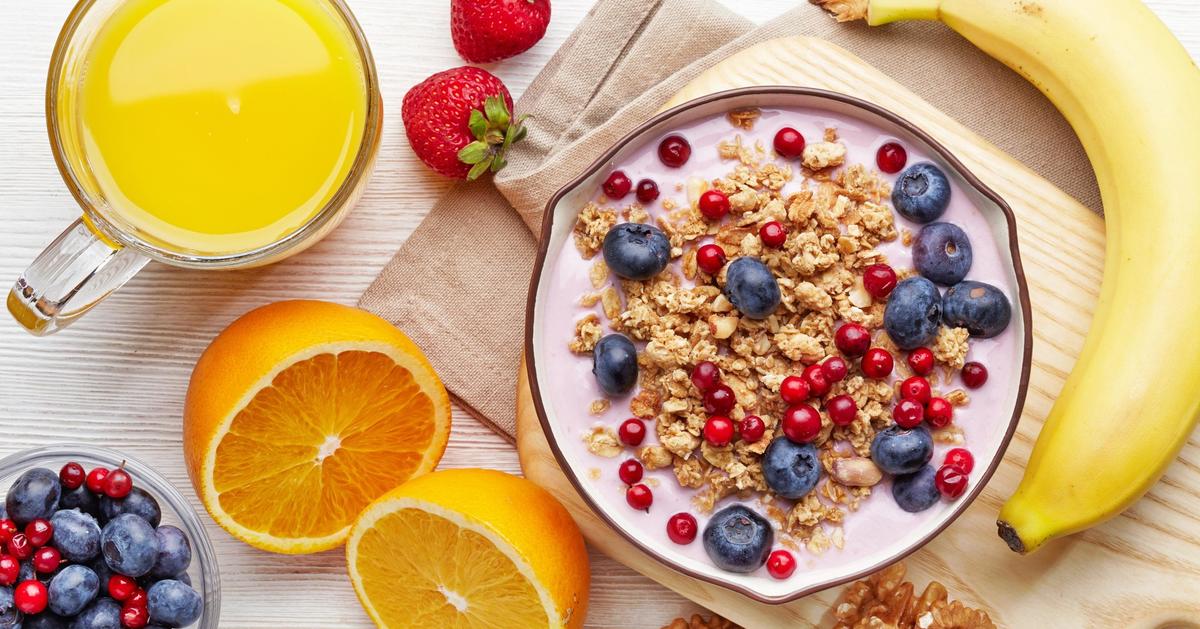 This is done by diversifying the child's diet, replenishing it with fresh and thermally processed foods and dishes. It is important that the food contains not only enough calories, but also all the necessary nutrients - proteins and minerals, carbohydrates, both simple and complex, as well as vitamins. There are a number of foods and dishes that will help parents add variety to their usual diet, while recharging the baby with energy. nine0003
This is done by diversifying the child's diet, replenishing it with fresh and thermally processed foods and dishes. It is important that the food contains not only enough calories, but also all the necessary nutrients - proteins and minerals, carbohydrates, both simple and complex, as well as vitamins. There are a number of foods and dishes that will help parents add variety to their usual diet, while recharging the baby with energy. nine0003
How to slow down aging with science: the battle against protein glycation products
The problem of "age" proteins: where do they come from and how to cleanse the body?Vitamin supplement exotic
Often children complain of fatigue, their mood deteriorates for no reason, they start to get sick more often, they study worse. Perhaps their diet lacks vitamins and magnesium, which help to actively stimulate the metabolism. Seeds and nuts, legumes, honey, green bean salads, and leafy vegetables will help replenish your supplies.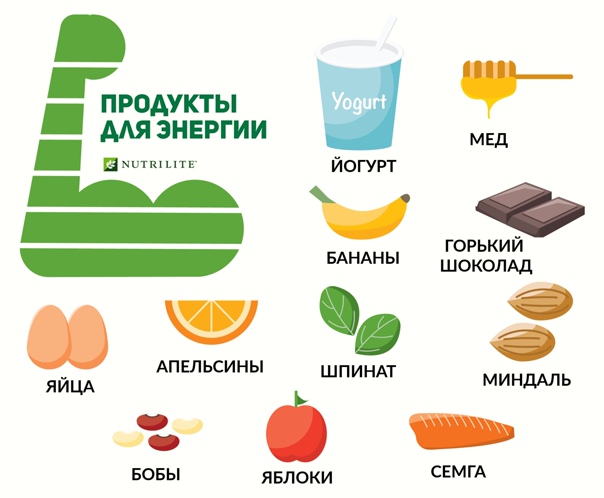 No less useful are fruits such as avocados, bananas and melons. In order for the child to receive the minerals and vitamins he needs, you can prepare a salad of fresh vegetables with avocado and sesame seeds, seasoning it with olive oil. nine0003
No less useful are fruits such as avocados, bananas and melons. In order for the child to receive the minerals and vitamins he needs, you can prepare a salad of fresh vegetables with avocado and sesame seeds, seasoning it with olive oil. nine0003
It is important that the body of children receives not only nutrients, but also a sufficient amount of fluid with minerals and vitamins, and energy is spent as efficiently as possible. Especially important are complex carbohydrates, fiber and proteins, as well as sufficient water. In the summer, gourds will help replenish the child's body with energy. Especially useful are watermelons and melons, which are good for fighting dehydration and fatigue. A delicious dessert and delicacy is a watermelon and melon salad, they can be cut into cubes, filled with natural yogurt, or consumed in their pure form. So that the vitamins are not destroyed, you need to eat the salad immediately after preparation. nine0003
Important minerals and proteins: cheese, chicken and seafood
Zinc is one of the important micronutrients that children invariably suffer from deficiency.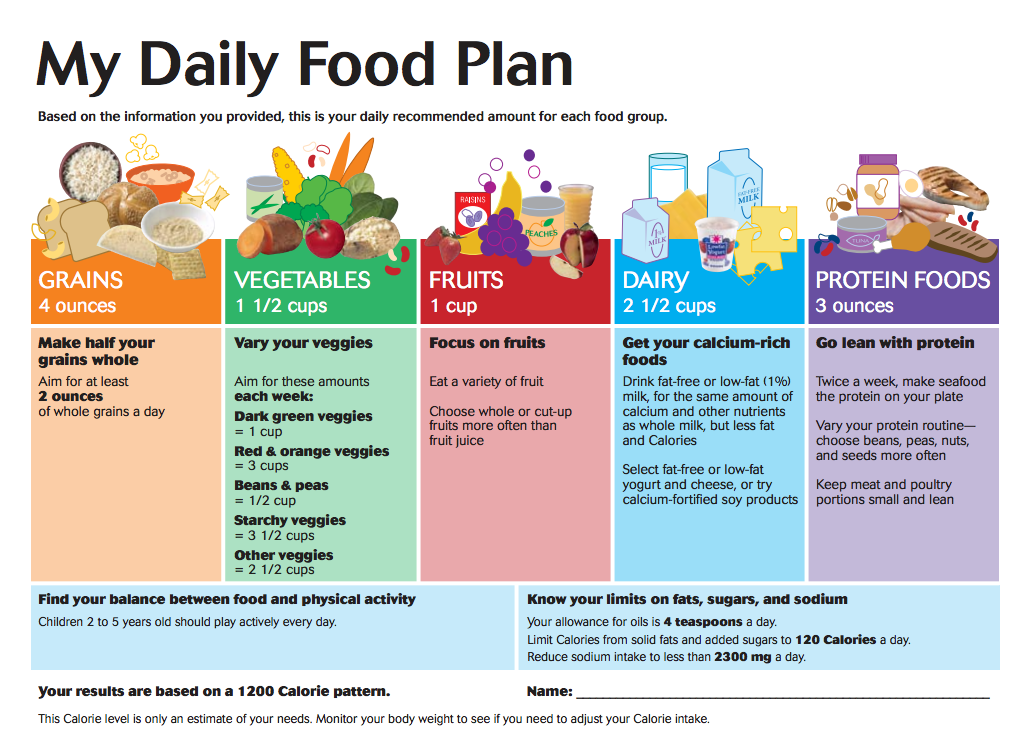 With a decrease in its intake in the body, combined with a lack of proteins, the coordinated work of the immune system is disturbed, which leads to frequent colds and ailments. There is especially a lot of zinc in meat dishes that children need every day. Sources of zinc include chicken and beef, lamb, and pork. Stews with vegetable garnish, stews or pilaf are sources of zinc and complete proteins that help with its absorption. It is worth preparing such dishes at least twice a week. nine0003
With a decrease in its intake in the body, combined with a lack of proteins, the coordinated work of the immune system is disturbed, which leads to frequent colds and ailments. There is especially a lot of zinc in meat dishes that children need every day. Sources of zinc include chicken and beef, lamb, and pork. Stews with vegetable garnish, stews or pilaf are sources of zinc and complete proteins that help with its absorption. It is worth preparing such dishes at least twice a week. nine0003
An equally important source of proteins and minerals is cheese. It contains high-quality animal proteins combined with animal fats and a small amount of carbohydrates. Due to this composition, it rightfully bears the title of energy nutrition. When it is used, calories are released slowly, saturation is formed for a long time without sharp jumps in blood glucose. A cheese sandwich, the amount of which does not exceed 20-30 grams, will help children get energy almost until lunch.
Useful for preschoolers and schoolchildren dishes such as seafood, provided that the children are not allergic. Seafood is considered an excellent energy drink, due to the unique composition of proteins, as well as a large amount of minerals necessary for the body. They are rich in iodine, contain omega acids and many useful vitamins. Such a composition replenishes energy reserves, saturates well, but does not burden digestion. Salad with seafood, baked crabs or squid, paella with seafood will be useful. nine0003
Seafood is considered an excellent energy drink, due to the unique composition of proteins, as well as a large amount of minerals necessary for the body. They are rich in iodine, contain omega acids and many useful vitamins. Such a composition replenishes energy reserves, saturates well, but does not burden digestion. Salad with seafood, baked crabs or squid, paella with seafood will be useful. nine0003
Carbohydrates for breakfast: how to serve?
To replenish carbohydrate stores, you can offer children polenta. This is a healthy cornmeal dish that looks like a thick porridge. It's easy to prepare, rich in complex carbohydrates, and helps keep kids' energy stores up for a long time. Therefore, this dish can rightfully be attributed to energy drinks. If you add some berries or fruits, you get a delicious and healthy breakfast before school or an important event. By adding dried apricots or raisins, you can increase the usefulness of the product, and complex carbohydrates in the composition of the dish will saturate children with energy until lunch, and hunger will not distract from important matters.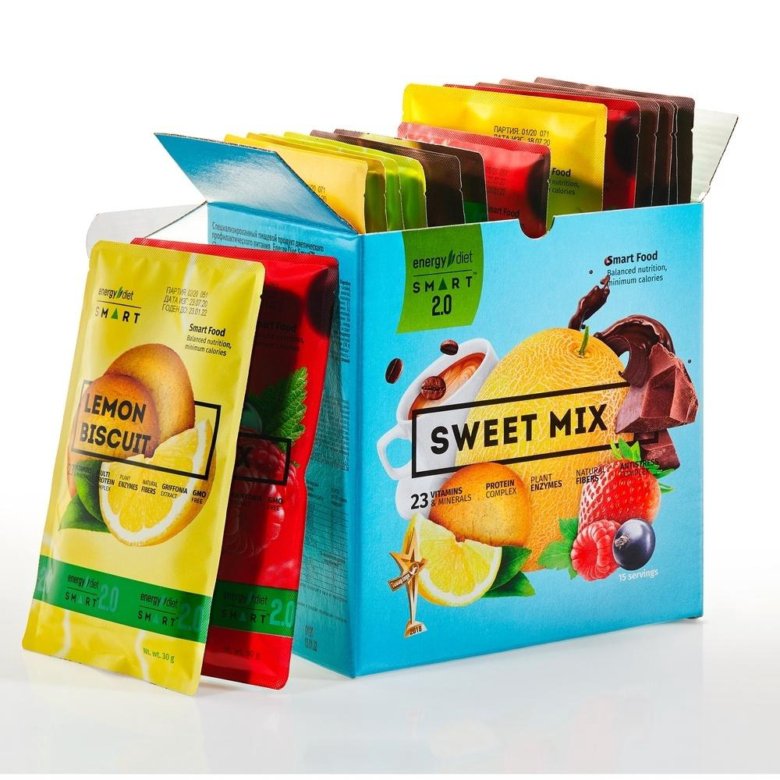 nine0003
nine0003
Brown rice is no less useful, it can energize the body. Brown rice, unlike white rice, contains not only carbohydrates, but also a lot of magnesium, B vitamins and useful vegetable fiber. The consumption of such rice is most important for those children who are actively involved in sports and spend a lot of time outdoors. You can cook risotto with it, side dishes with vegetables or salads, since magnesium and vitamins are more actively absorbed from such dishes.
Nuts and whole grain flakes in diet
Whole grain cereal is an excellent energy food that is rich in healthy complex carbohydrates. Due to minimal processing, they retain almost all of their useful properties, they contain a lot of complex carbohydrates that do not add excess weight, but saturate well. It is worth including such cereal dishes in your diet at least once a week.
Walnuts are considered a concentrate of energy, and it is not for nothing that these fruits look like a brain.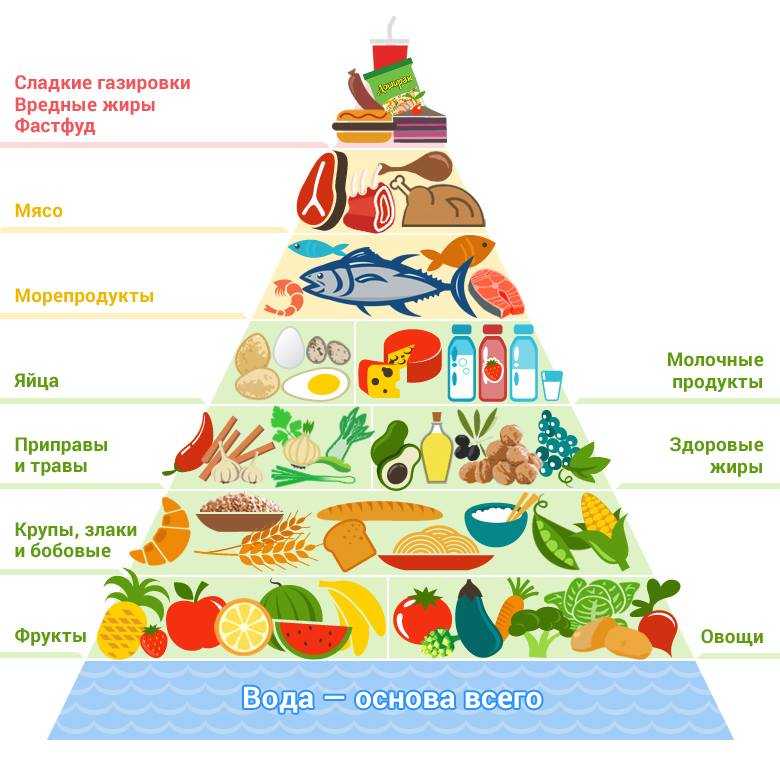 Nuts nourish it with energy and supply useful substances for full-fledged work, especially in conditions of heavy mental stress. A handful of nuts in your diet before an exam or important event will provide a feeling of satiety and help you focus on what's important. It is necessary that children use them, chewing them thoroughly, then they are better digested and do not burden the stomach. You can add a handful of nuts to a fruit salad for a great breakfast. nine0003
Nuts nourish it with energy and supply useful substances for full-fledged work, especially in conditions of heavy mental stress. A handful of nuts in your diet before an exam or important event will provide a feeling of satiety and help you focus on what's important. It is necessary that children use them, chewing them thoroughly, then they are better digested and do not burden the stomach. You can add a handful of nuts to a fruit salad for a great breakfast. nine0003
Healthy drink for children
For vivacity and tone, children need liquid and calories, which can be supplied by a drink like cocoa. It has a lot of calcium due to milk, there are proteins and some fat. But the most important thing that it contains is special substances that give the taste and aroma of chocolate. They stimulate metabolic processes, activate energy production and stimulate the release of pleasure hormones into the blood. Children enjoy drinking cocoa in the morning at breakfast. nine0003
nine0003
Children's energy and nutrient requirements
Energy requirements
Young children have a higher energy intake per kilogram of body weight than adults, as part of it is used for growth. 2-3-year-old children spend about 3% on growth, and older children less than 2% of the energy received.
Average energy requirement for children aged 1-2 years per kilogram of body weight and estimated daily requirement based on average weight. The amount of energy takes into account breast milk (or formula) and age-appropriate solid foods. nine0003 11 930 880 The total amount of necessary energy in children and adolescents depends on the rate of metabolic, the level of physical activity and the amount of energy expended on growth. Within the same age group, the weight of children can vary significantly, especially during adolescence. When calculating the amount of energy needed, for example, in overweight children, the result may be too high, since the main calculation criterion is body weight. Daily need for energy for children aged 2-10 years (kcal/per day) Age in years weight (kg) low average High Girls Kcal/per day kcal/per day kcal/per day 2 9000 3 14. 1160 1190 1220 4 16.8 1200 1330 1430 5 19,2 1270 1410 1510 6 21.1 1330 9000 9000 1470 1580 7,0003 23.7 9000 1400 1550 1670 8 26,1 1470 1630 1750 28.7 15500065 4 17,3 1290 1420 1530 5 19,4 1350 1500 1610 6 21,4 1560 7 24,8 1520 1680 1810 8 26,5 1580 1740 1880 29. 1660 1840 Maximum 10 %E Unsaturated fat monoclies 10-20 %E Bented fat polycycles, including 5-10 %E omega-3 Minit 1 %E Trans-fat as less than 9000 50-60 % E 1 The interest in the table satisfies at least 97-98 % of the physiological needs needs of a person for some objective reason (for example, weight loss or something else) daily energy intake is below the recommended minimum, the required amount of proteins and fats should be calculated based on the minimum amount of energy needed per day 3 Percentage of energy from carbohydrates also includes energy from dietary fiber; usually it is 2–3% E 4 Trans fats are also natural. The recommended protein intake for infants is based on an assessment of basic and growth requirements, the efficiency of digestion of dietary proteins into body proteins, and individual growth rate. For children aged 12-21 months, protein should make up 10-15% of dietary energy. nine0003 Excess protein intake in early childhood increases the risk of obesity in the future. Based on the available data, it can be assumed that excessive protein intake in the amount of 15-20% of total energy intake during the first two years of life can provoke obesity later in life. In accordance with the recommendations, up to 75% of the protein in the diet of children and adolescents should come from animal protein with a high biovalue. 1-1. 30-40 %E Saturated fatty acids Maximum 10 %E 10-20,0002 9000,0002 9000,000,0002 10-20 unsaturated fatty polyacids, incl. nine0051 5-10 %E omega-3 Mini E Trans-Zhira 9,0003 When a child reaches the age of one, the proportion of fat in the diet gradually increases, and by the age of three reaches the level of consumption of an adult. If less than the recommended amount of fat is consumed in early childhood, this can cause a lack of energy. nine0003 From the age of two, a child needs 8-13 grams of fiber for every 1,000 calories. From school age, this number increases and gradually reaches the level recommended by adults. The daily amount of added sugars (sucrose, fructose and carbohydrate hydrolyzate) should be kept below 10%E (ideally below 5%E). Fluid requirement In case of thirst, drinking water without additives should always be preferred. The fluid requirement of children per kilogram of body weight is higher than that of adults, since the fluid content in their bodies is also higher. Regardless of age, the feeling of thirst is a sign of a lack of fluid, which must be eliminated as quickly as possible, that is, replenish the level, preferably with ordinary drinking water. Average fluid requirement of children by age group 75-100 ml older at least 50 ml Age Vitamin A, RE 1 Vitamin D, µg Vitamin E, MG Vitamin B1, mg NiaCin, NE 2 Vitamin B6, mg Fulats, µg Vitamin B12, µg Vitamin C, mg 1-1. 300 10 4 0.5 0.6 9000 9000 9000 0.5000 9000 0.000 0.000 0.000 0.000 0.000 0.000 0.000 0.000 0.000 0.000 0.000 0.000 0.000 0.000 0.000 0.000 0.000 0.000 0.000 0.000 0.000 0.000 0.000 0.000 9000 9000 9000 9000 9000 9000EA 60 0.6 35 0.7 9,0003 0.7 80 40000 10 6 0,9 1,1 12 1,0 130 1,3 1.0 1,2 9,0003 14 1.5 9000 9000 9000 9000 9000 9000 9000 9000 9000 9000 9000 9000 9000 9000 9000 9000 9000 9000 9000 9000 Age 111111111 potassium, g Magnesium, mg Iron, mg zinc, mg copper, mg iodine, µg 6 0. 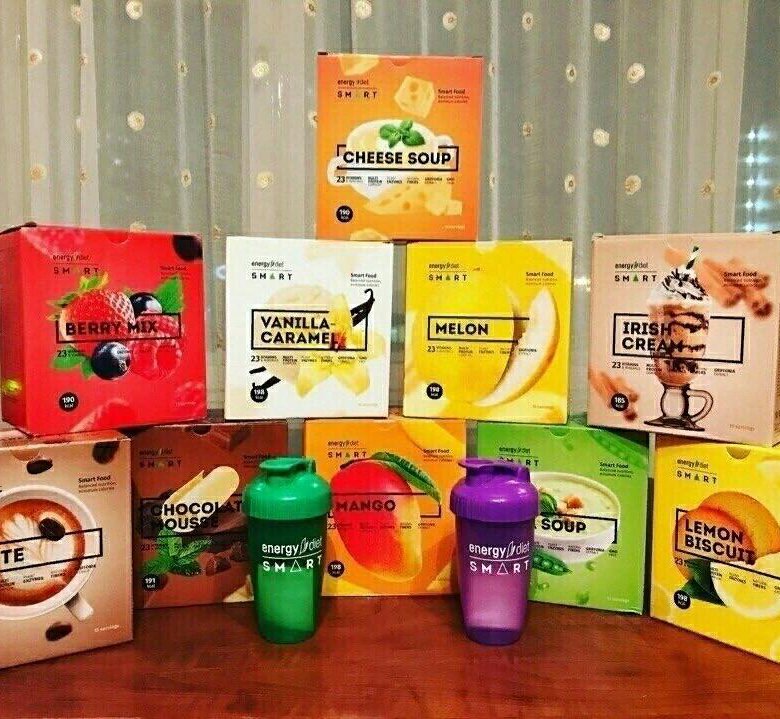 When estimating the amount of energy needed based solely on body weight, it is not taken into account that an overweight body contains a relatively high percentage of fat, but it is still necessary to calculate energy needs from normal weight. Therefore, when calculating the required amount of energy consumed for an overweight child, it is worth proceeding from his height and the corresponding normal body weight. nine0003
When estimating the amount of energy needed based solely on body weight, it is not taken into account that an overweight body contains a relatively high percentage of fat, but it is still necessary to calculate energy needs from normal weight. Therefore, when calculating the required amount of energy consumed for an overweight child, it is worth proceeding from his height and the corresponding normal body weight. nine0003
12.5 9000 9000 9000 9000 9000 9000 9000 9000 9000 9000 9000 9000 9000 9000 9000 9000 9000  9
9 1420 9000 9000 16800003 1
003
nine0002 Carbohydrates 3 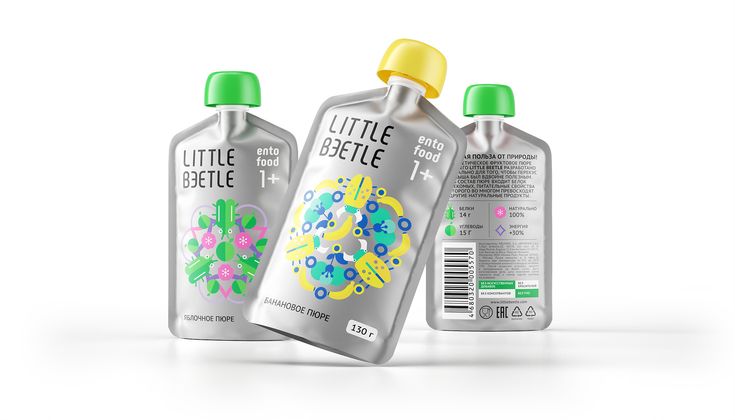 Their constant content should not exceed more than 1%E per day. If following these nutritional guidelines, this amount should not be consistently exceeded.
Their constant content should not exceed more than 1%E per day. If following these nutritional guidelines, this amount should not be consistently exceeded. Protein Requirements
Fat requirement of young children
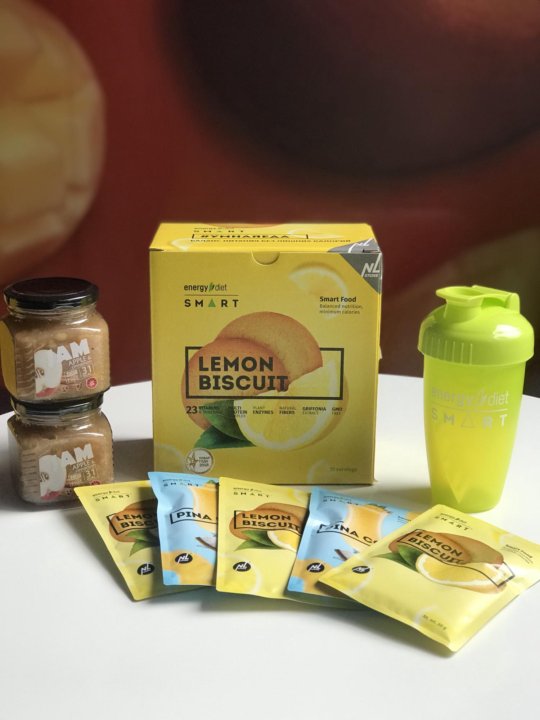 9 years
9 years 9000 9000 Fiber requirement
Recommendations for added sugar.

The need for vitamins
9000 9000 9000 9000 9000 9000 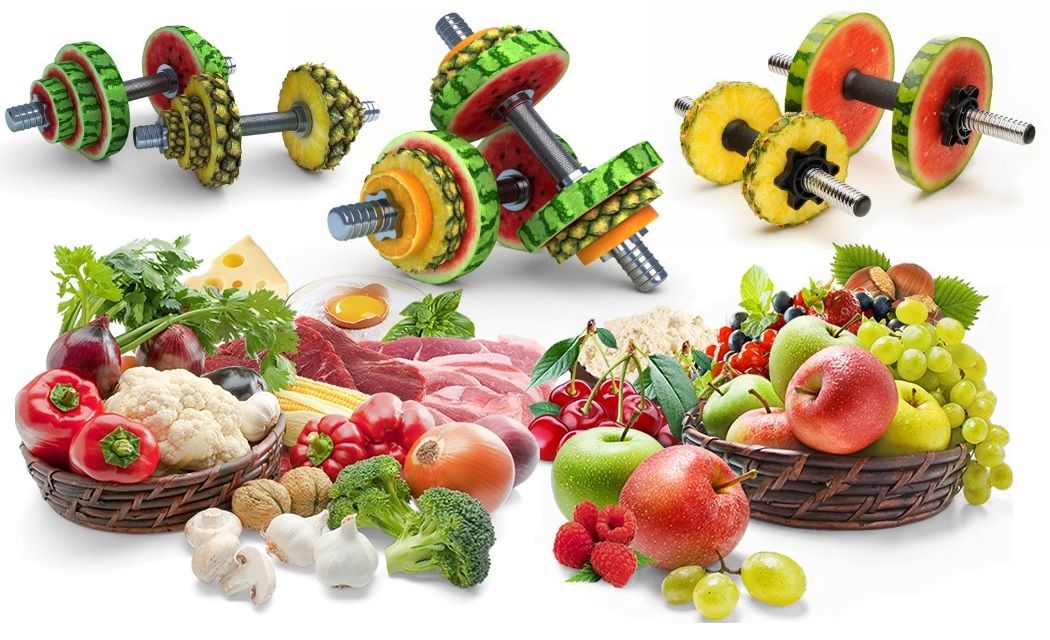 9 years
9 years 0065 0.8 9000 9000 9000 years 6-9000 9000 9000 years old 9000 years 270 9000 9000 9000 People Minerals
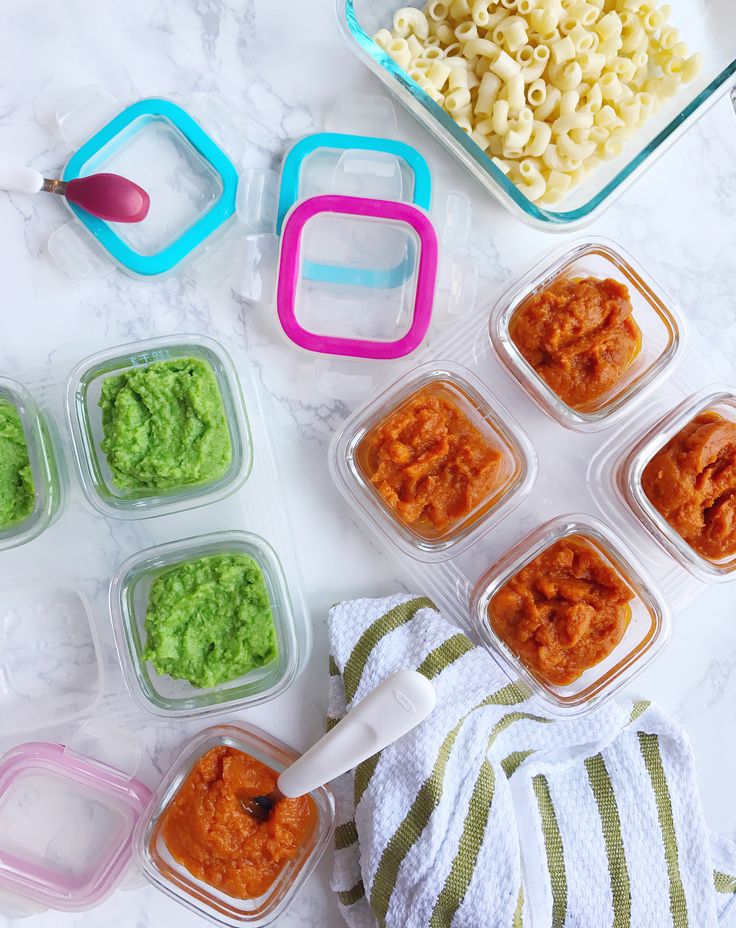
.

